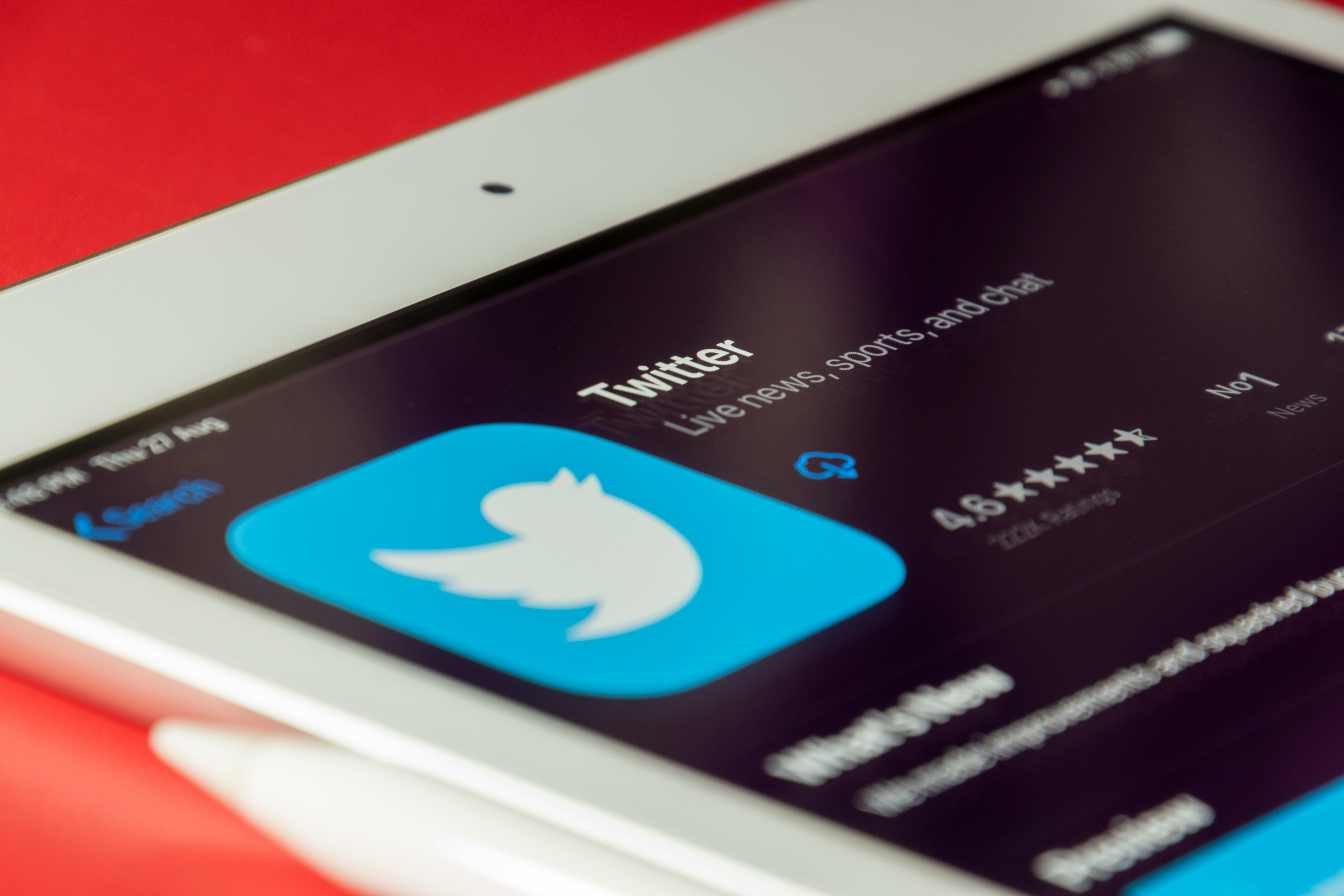Banks Cut Losses On Musk's Twitter Debt—But At What Cost?

Wall Street banks have finally managed to offload $5.5bn in debt tied to Elon Musk’s acquisition of Twitter. This move allows major lenders to exit one of the riskiest merger-finance transactions in recent years. While the sale reduces the banks’ exposure to a volatile asset, it comes at a significant financial and reputational cost. This article examines the impact of the debt offload and what it means for the future of high-risk leveraged buyout (LBO) financing.
Background on the Twitter Acquisition Debt
Elon Musk’s $44bn takeover of Twitter was largely financed through a combination of equity contributions and debt provided by major financial institutions, including Morgan Stanley, Bank of America, and Barclays. These banks agreed to provide loans to support the acquisition but soon found themselves stuck with the debt after the deal closed in late 2022. Given market conditions and Twitter’s uncertain financial future, banks struggled to find buyers willing to take on the risk.
Why Banks Rushed to Sell the Debt
As economic conditions shifted, banks faced increasing pressure to remove the Twitter debt from their balance sheets. Several key factors drove the decision to offload the debt:
Market Volatility: Rising interest rates and tightening credit markets made it harder to sell risky corporate debt.
Weak Investor Appetite: Investors remained hesitant about Twitter’s financial stability under Musk’s leadership, limiting demand for the debt.
Capital Constraints: Banks needed to free up capital to deploy elsewhere, as holding onto the Twitter debt restricted their ability to engage in new lending activities.
The Financial Impact on Banks
Despite successfully selling the debt, the banks incurred significant losses. Reports indicate that the debt was sold at a steep discount, potentially translating into hundreds of millions of dollars in writedowns. Compared to other high-profile LBO financings, this deal stands out as one of the most challenging due to the lack of investor confidence in Twitter’s profitability. The losses highlight the risks associated with underwriting large acquisitions in volatile industries.
The Reputational Costs
The difficulties in offloading Twitter’s debt have raised concerns about Wall Street’s exposure to risky tech deals. Several key reputational risks emerge from this transaction:
Perception of Overexposure: The struggle to sell the debt suggests that banks may have been overly aggressive in financing the acquisition.
Future Caution in Mega-Deals: Banks may become more hesitant to finance large LBOs, particularly in the tech sector, where valuations can be unpredictable.
Regulatory Scrutiny: The challenges surrounding the debt sale could attract regulatory attention, with policymakers questioning the prudence of banks’ lending practices in high-risk deals.
Broader Market Implications
The Twitter debt offload could have ripple effects on the broader LBO market. Some potential consequences include:
Stricter Lending Terms: Banks may tighten lending standards for future leveraged buyouts, demanding better collateral or higher interest rates.
Investor Skepticism: Institutional investors may become more cautious about buying corporate debt tied to tech acquisitions.
Shifts in Financing Strategies: Companies seeking acquisitions may look for alternative financing methods, such as private equity partnerships, to reduce reliance on bank loans.
Conclusion
While the sale of Twitter’s acquisition debt marks a relief for banks, it comes at a substantial financial and reputational price. The deal serves as a cautionary tale for Wall Street’s approach to merger financing, particularly in industries with unpredictable cash flows. Moving forward, banks may reconsider their risk tolerance when backing large-scale acquisitions, potentially reshaping the landscape of corporate finance. Whether this will deter future high-risk LBOs or simply lead to more stringent lending conditions remains to be seen.
Author: Gerardine Lucero
Stablecoin The Future Of Currency?
The payments system is undergoing a quiet but consequential shift. What was once the exclusive preserve of central banks... Read more
BoE Loosens Capital Rules
The Bank of England has taken a significant step towards easing post-crisis regulation by lowering its estimate of the c... Read more
Monzo Looks For US Banking License
Monzo is preparing a renewed push to secure a US banking licence, four years after abandoning its first attempt when tal... Read more
Crypto Firms Push Into US Banking
America’s cryptocurrency companies are scrambling to secure a foothold in the country’s traditional banking system, ... Read more
Parallel Banking: Stablecoins Are Now Global
Parallel Banking: How Stablecoins Are Building a New Global Payments SystemStablecoins—digital currencies pegged to tr... Read more
JPMorgan Deploys AI Chatbot To Revolutionize Research And Productivity
JPMorgan has deployed an AI-based research analyst chatbot to enhance productivity among its workforce, with approximate... Read more

